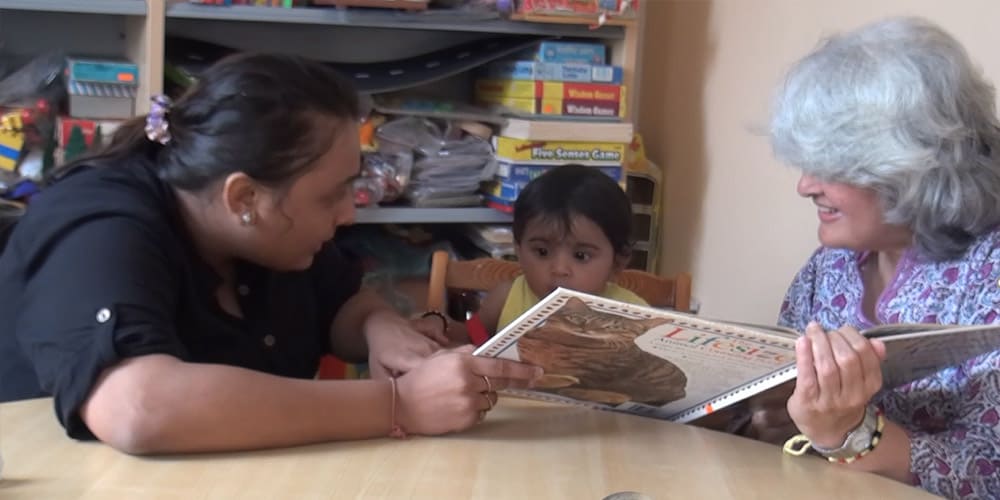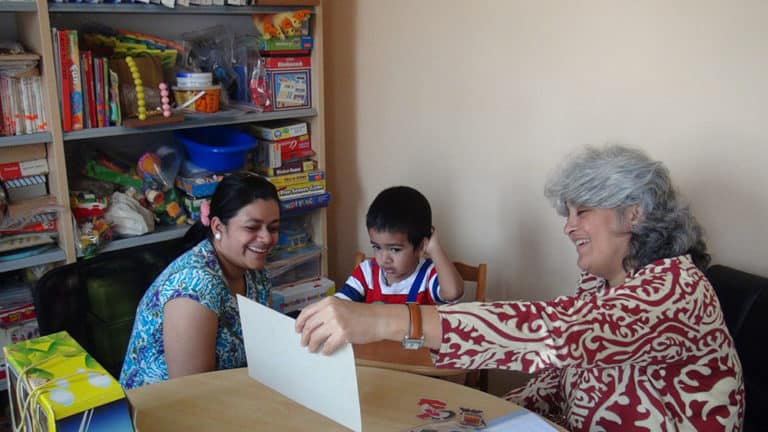Engaging Families In Auditory-Verbal Therapy
It is the nightmare of every therapist beginning Auditory-Verbal Therapy that the families in their care struggle to effectively carry-over guidance into their life at home, despite appearing to understand in session. I know that I’ve struggled with it! While each of us may emerge from this introspection with different solutions, I share my insight here with you.
1. Find the balance:
Important as it is to ask open ended questions, the guidance to caregivers following therapy must be purposeful and succinct. Rambling discussions are inconclusive. Discussion time is productive when the questions of caregivers are answered with practical real-life examples that specifically address their home situation and are not general statements. Take the family through the details, managing your time efficiently. We really need to have developed a comfortable relationship with our families by this point for us to offer this level of insight in those early sessions.
2. Use the Auditory-Verbal Technique: hand over to caregiver
This is one of my favourite techniques in Auditory-Verbal Therapy because it is so nurturing! Routinely, I now hand over to the caregiver from the very first session, regardless of family background.
In doing so, I gain insight about the style of each caregiver and about how effective my Modelling has been. There may well be some awkward moments in this transition but that is precisely why it needs to be done: our gentle, reassuring coaching, allows caregivers to comfortably make that transition. They feel secure knowing that they are being supported through this entire process.
Work on yourself and persist!
3. Demonstrate success
There is nothing quite as convincing as success. Families experience the change and embrace it. This experience gives families perspective.
Highlight these aspects and discuss why they worked. Relate the successful outcome to what it demonstrates about their child and her development.
Equally important, address, discuss, analyse and offer guidance on the aspects of the session that could have worked better. Discuss why those aspects didn’t work as well as they could have. Offer relevant, step-by-step guidance to facilitate success.
Families who joyfully engage their child are those whose journey will be energetic. Getting them to that point of engagement is at the heart of our practice in Auditory-verbal Therapy.



